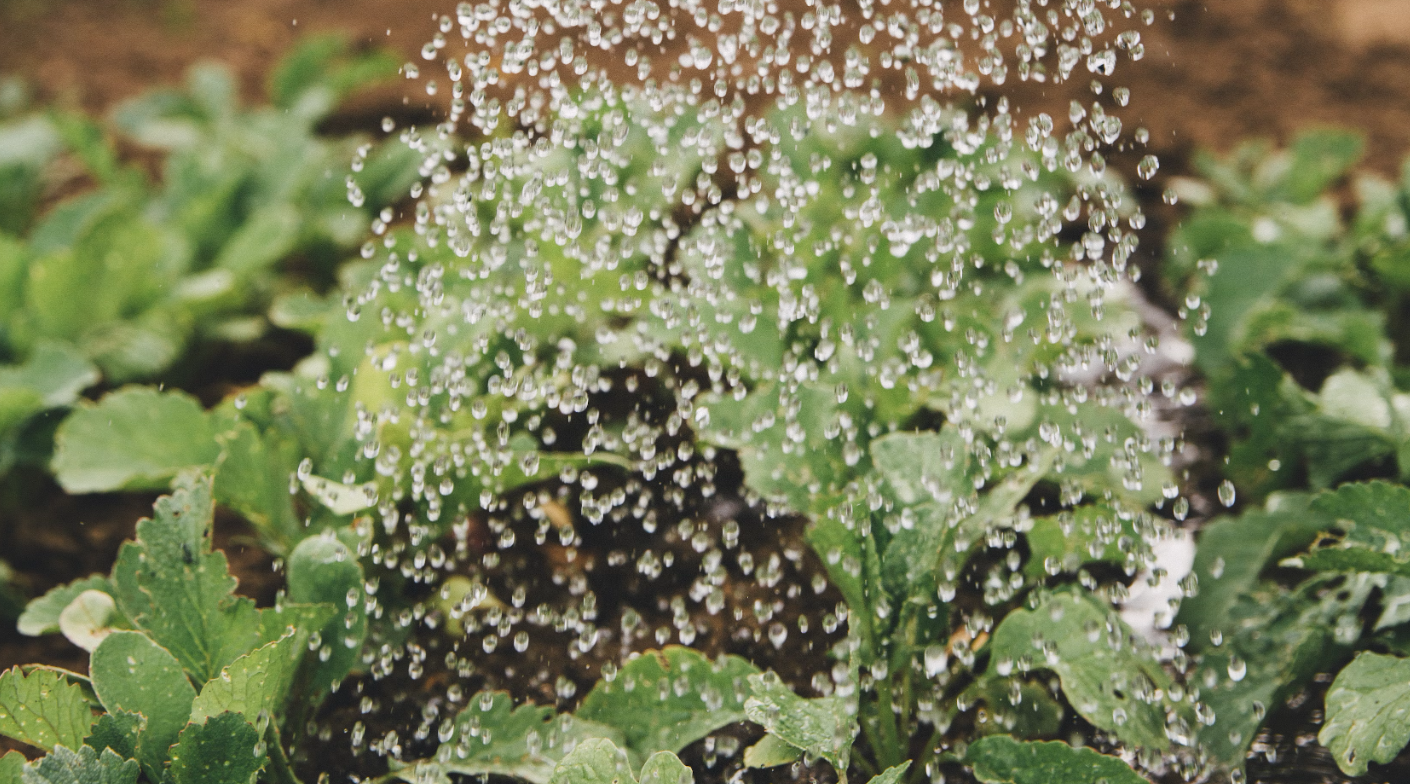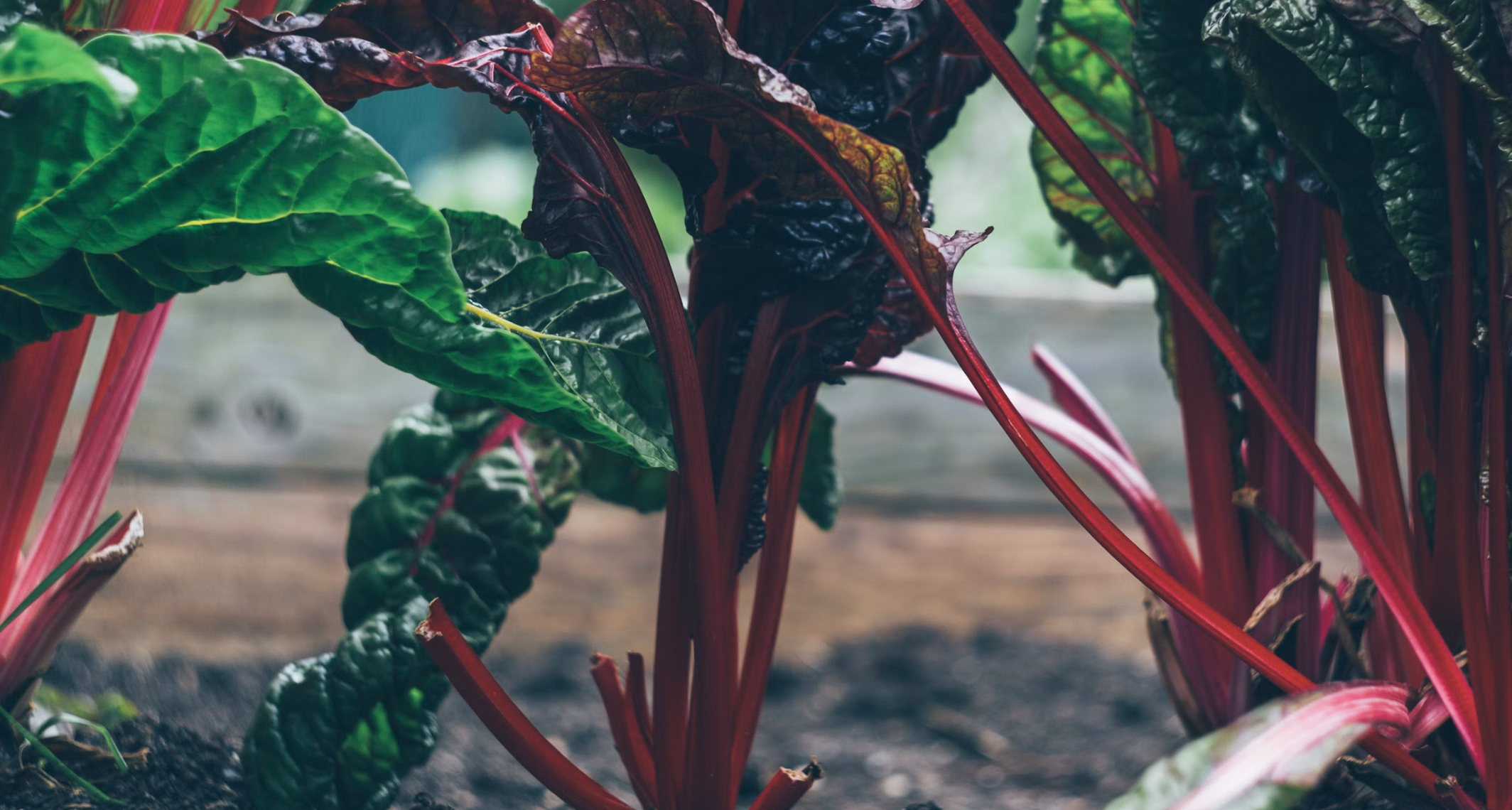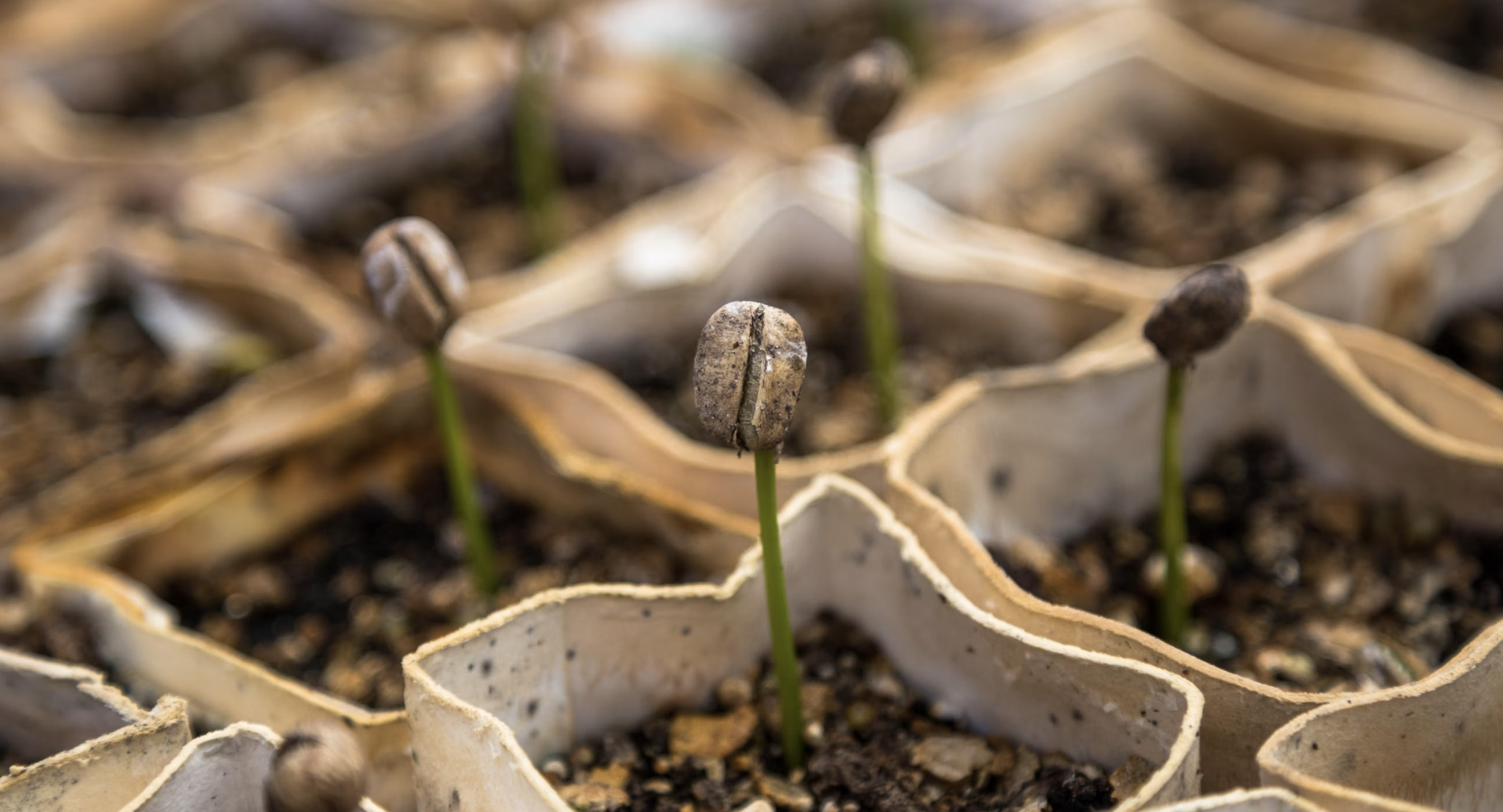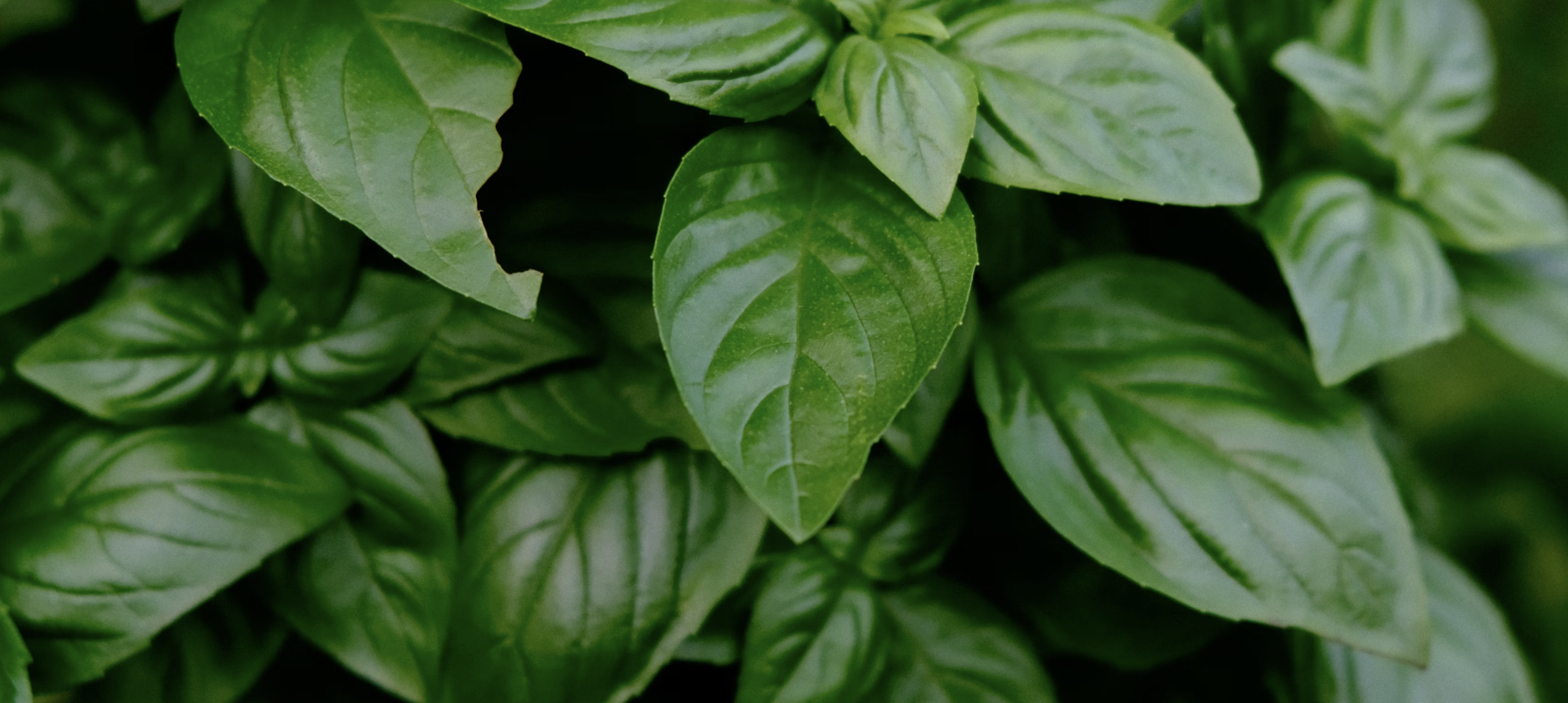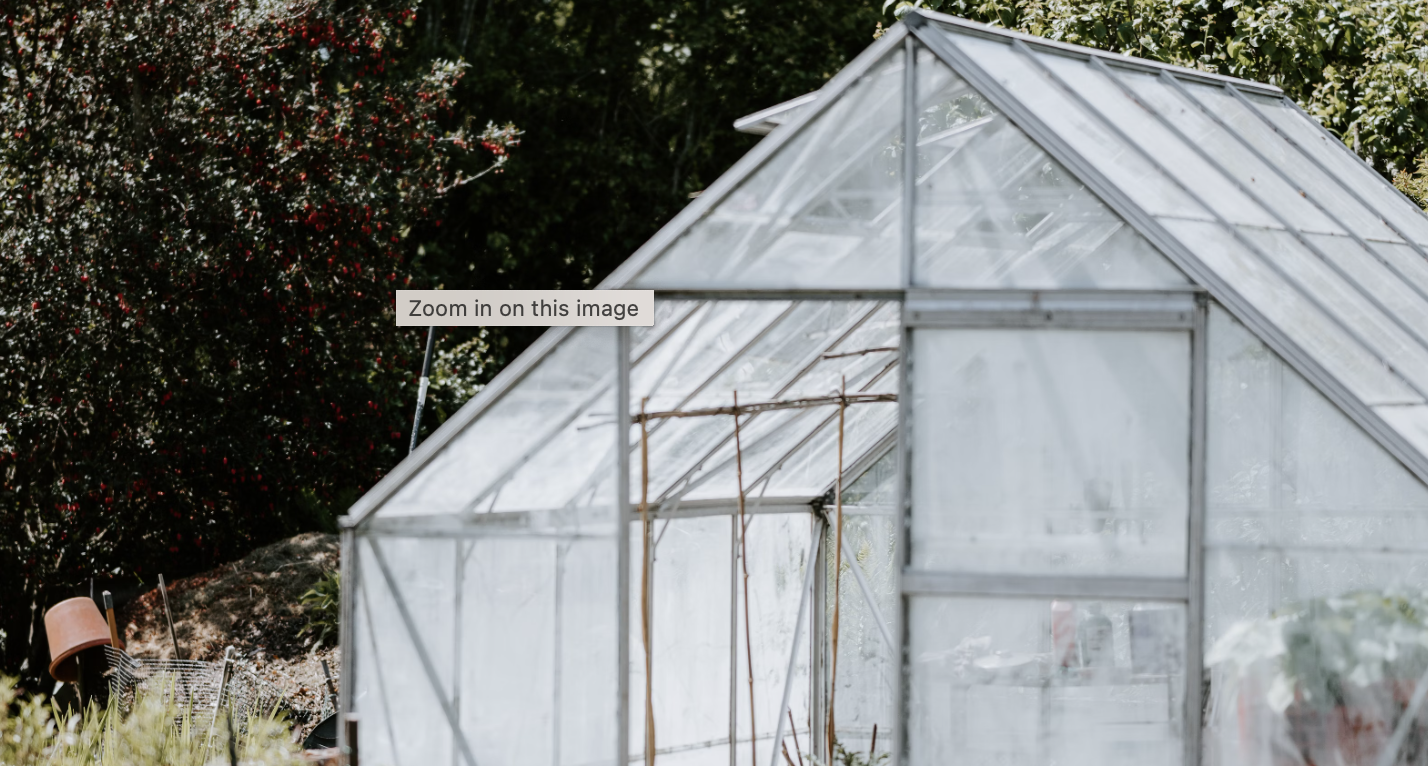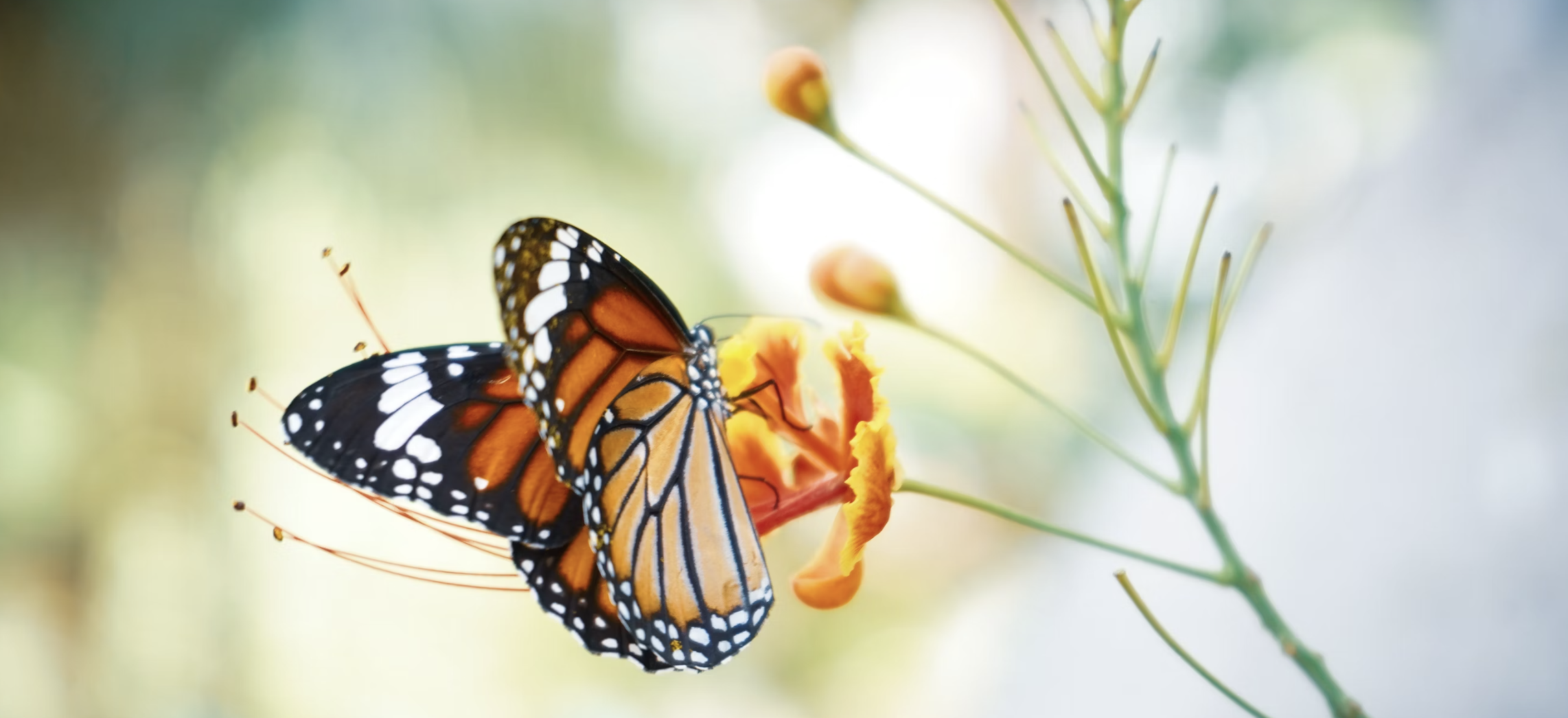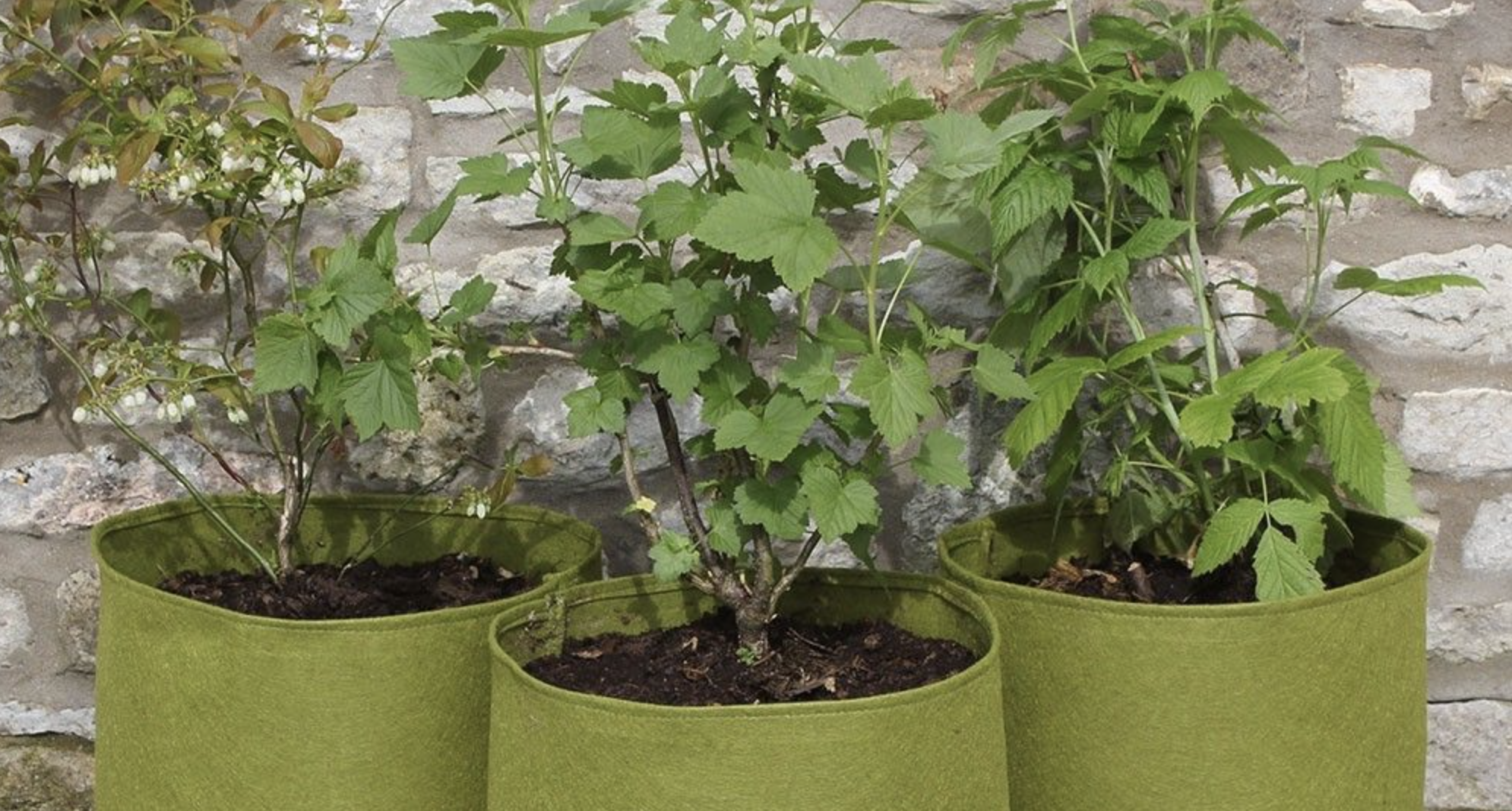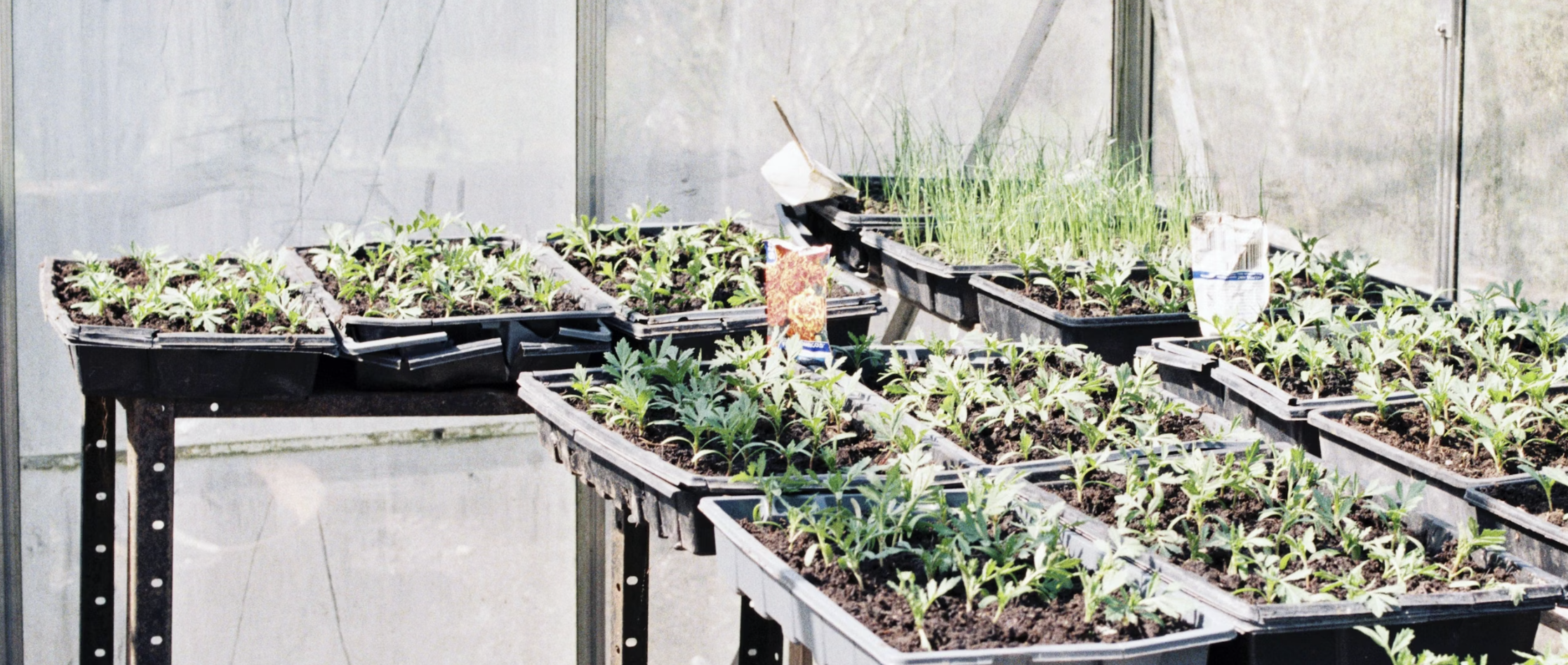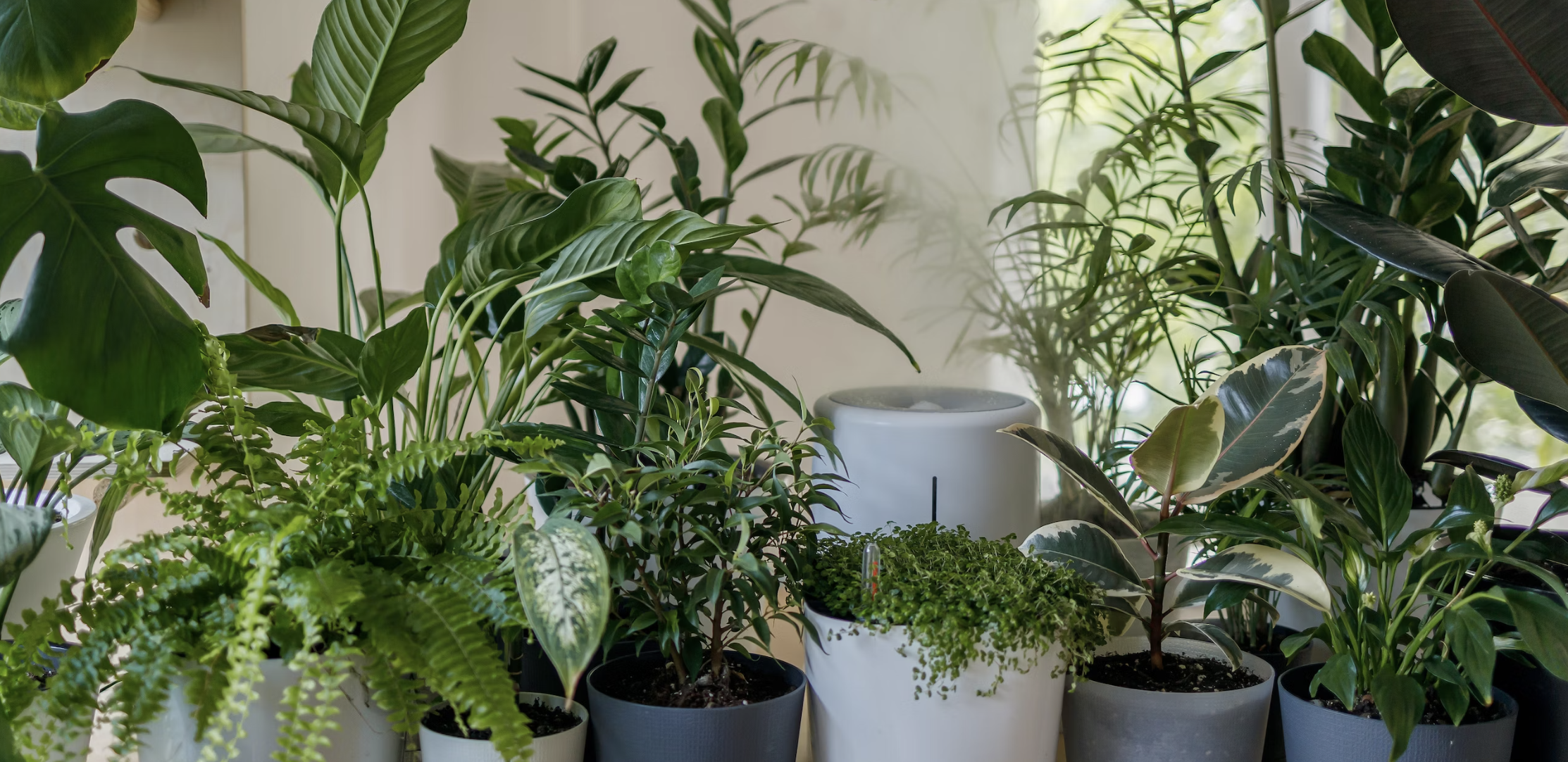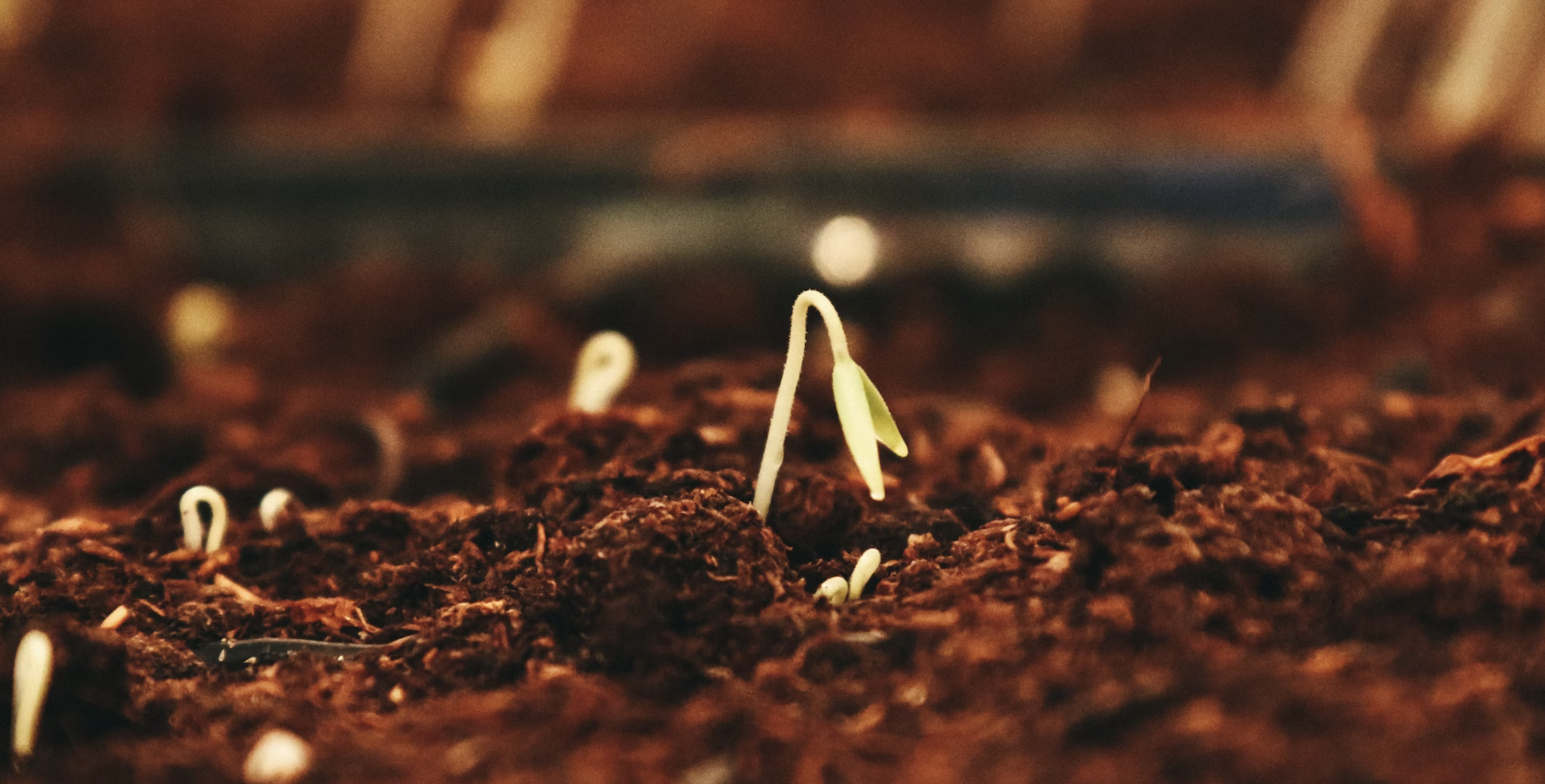
Are you ready to transform your allotment into a vibrant oasis of greenery and abundance? Choosing the right seeds is the first step towards a successful harvest. But with so many varieties and options available, it can be overwhelming to make the right choice. That's where our expert tips and tricks come in.
In this article, we will guide you through the process of selecting the ideal seeds for your allotment, ensuring that you make the most of your gardening efforts. From considering your local climate and soil conditions to understanding the diverse seed types and their characteristics, we've got you covered.
Our expert horticulturists share their insights and secrets to help you navigate the seed selection process with ease. Whether you're a seasoned gardener or a beginner, our tips will enable you to make informed decisions and increase the chances of a bountiful harvest.
So, let's dive in and discover how to choose the right seeds for your allotment. Get ready to unleash your green thumb and enjoy the fruits of your labor!
Understanding the importance of choosing the right seeds
When it comes to gardening, choosing the right seeds is crucial for a successful harvest. The quality of your seeds will determine the health and productivity of your plants. By selecting the right seeds, you can ensure that your allotment thrives and provides you with a bountiful harvest.
There are several factors to consider when choosing seeds, such as the climate and soil conditions of your allotment, the specific needs of the plants you want to grow, and your personal preferences. Taking the time to research and select the right seeds will save you time, money, and frustration in the long run.
Factors to consider when selecting seeds for your allotment
Before you start shopping for seeds, it's important to consider a few key factors that will influence your choice. First and foremost, you need to take into account your local climate and growing season. Different plants have different temperature and light requirements, so it's important to choose seeds that are suitable for your specific climate.
Another important factor to consider is your soil conditions. Some plants prefer acidic soil, while others thrive in alkaline or neutral soil. Understanding the pH level and nutrient content of your soil will help you select seeds that are compatible with your allotment's conditions.
In addition to climate and soil conditions, you should also consider the space available in your allotment. Some plants require more room to grow and spread out, while others can be grown in containers or small spaces. By considering these factors, you can choose seeds that are well-suited to your allotment's size and layout.
Different types of seeds available for allotment gardening
When it comes to choosing seeds for your allotment, you'll encounter a wide variety of options. Understanding the different types of seeds available will help you make informed decisions and select the right seeds for your needs.
One common type of seed is the open-pollinated seed. These seeds are pollinated by natural means, such as wind, insects, or birds. They produce plants that are true to the parent plant, making them a popular choice for gardeners who want to save seeds for future seasons.
Another type of seed is the hybrid seed. These seeds are created by cross-pollinating two different varieties of plants. Hybrids are often bred for specific traits, such as disease resistance or high yield F1. While hybrids can offer certain advantages, it's important to note that they do not produce seeds that are true to the parent plant.
Organic seeds are another option for allotment gardeners. These seeds are produced without the use of synthetic fertilizers, pesticides, or genetic modification. Organic seeds are a great choice for those who prioritize sustainability and environmental responsibility.
Tips for buying high-quality seeds
When it comes to buying seeds for your allotment, it's important to choose high-quality seeds that will give you the best chance of success. Here are some tips to help you find and purchase top-notch seeds:
1. Buy from reputable seed companies: Look for well-established companies with a good reputation for providing high-quality seeds. Read reviews and seek recommendations from fellow gardeners to ensure you're buying from a reliable source.
2. Check the seed packet: The seed packet contains valuable information about the seeds, such as planting instructions, expected germination time, and maturity date. Make sure to read this information carefully before making a purchase.
3. Look for certified seeds: Some seeds are certified by organizations that ensure their quality and purity. Look for seeds with certification labels, such as the USDA Organic label or the Non-GMO Project Verified label.
4. Consider local varieties: Local seed varieties are often better adapted to your specific growing conditions. They are more likely to thrive and produce a successful harvest.
5. Avoid old or expired seeds: Seeds have a limited shelf life, and using old or expired seeds can result in poor germination rates. Make sure to check the expiration date on the seed packet and only purchase fresh seeds.
Choosing seeds based on your allotment's conditions
To maximize the success of your allotment, it's important to choose seeds that are well-suited to your specific growing conditions. Here are some tips to help you select seeds based on your allotment's conditions:
1. Consider your climate: Different plants have different temperature and light requirements. Choose seeds that are suitable for your local climate to ensure optimal growth and yield.
2. Assess your soil conditions: Test your soil's pH level and nutrient content to determine what types of plants will thrive in your allotment. Choose seeds that are compatible with your soil conditions for best results.
3. Take into account sun exposure: Some plants require full sun, while others prefer partial shade. Observe the sun exposure in your allotment and choose seeds accordingly.
4. Factor in water availability: If you have limited access to water, choose seeds that are drought-tolerant and require less frequent watering.
By considering these factors, you can select seeds that are well-suited to your allotment's unique conditions and increase your chances of a successful harvest.
Understanding seed packets and their information
Seed packets are a valuable source of information for gardeners. They provide essential details about the seeds, including planting instructions, germination time, and maturity date. Understanding the information on seed packets will help you make informed decisions and ensure the best possible outcome for your allotment.
When reading a seed packet, pay attention to the following information:
1. Planting instructions: Seed packets often provide specific instructions on how deep to plant the seeds, how far apart to space them, and when to sow them. Follow these instructions carefully for optimal results.
2. Germination time: This refers to the amount of time it takes for the seeds to sprout. Knowing the germination time will help you plan your planting schedule and manage your allotment effectively.
3. Maturity date: This indicates when the plants are expected to reach maturity and be ready for harvest. Understanding the maturity date will help you plan your harvest and ensure you don't miss the optimal time to pick your crops.
4. Special requirements: Some seeds may have specific requirements, such as pre-soaking or stratification. Make sure to read the seed packet carefully to ensure you meet these requirements for successful germination.
By familiarizing yourself with the information on seed packets, you can make informed decisions and give your seeds the best chance of success.
The importance of heirloom and organic seeds
When choosing seeds for your allotment, you may come across heirloom and organic seed options. Understanding the importance of these seed types will help you make informed decisions and align with your gardening values.
Heirloom seeds are open-pollinated seeds that have been passed down through generations. They often have a rich history and unique characteristics. By choosing heirloom seeds, you can help preserve biodiversity and maintain traditional plant varieties.
Organic seeds, as mentioned earlier, are produced without the use of synthetic fertilizers, pesticides, or genetic modification. By choosing organic seeds, you support sustainable and environmentally friendly gardening practices.
Both heirloom and organic seeds offer unique benefits and can be a great choice for allotment gardeners who value biodiversity, sustainability, and the preservation of traditional plant varieties.
Tips for storing and organizing your seed collection
If you're an avid gardener, chances are you have a collection of seeds. Properly storing and organizing your seed collection will help you keep track of your inventory and ensure the longevity of your seeds. Here are some tips for storing and organizing your seeds:
1. Keep seeds in a cool, dry place: Moisture and heat can damage seeds and reduce their viability. Store your seeds in a cool, dry place, such as a refrigerator or a cool basement.
2. Use airtight containers: Transfer your seeds to airtight containers, such as glass jars or plastic zipper bags, to protect them from moisture and pests.
3. Label your seeds: Clearly label each seed packet with the plant name, variety, and date of collection or purchase. This will help you identify and track your seeds more easily.
4. Organize your seeds by category: Sort your seeds into categories, such as vegetables, herbs, flowers, and fruits. This will make it easier to find and access the seeds you need when it's time to plant.
By following these storage and organization tips, you can maintain the quality and viability of your seeds and ensure a successful planting season.
Testing the viability of seeds before planting
Before you plant your seeds, it's a good idea to test their viability. This will help you determine if the seeds are still capable of germinating and producing healthy plants. Here's a simple test you can perform to assess seed viability:
1. Take a sample of seeds: Select a small sample of seeds from your collection. Make sure to choose a representative sample that accurately reflects the overall quality of your seeds.
2. Perform the germination test: Place the seeds on a moist paper towel or in a small container with damp soil. Keep the seeds in a warm and well-lit area. Check the seeds daily for signs of germination, such as sprouting or root development.
3. Record the results: After a specified period, usually 7-10 days, record the percentage of seeds that have germinated. This will give you an idea of the overall viability of your seed collection.
By testing the viability of your seeds, you can identify any issues or low germination rates before planting. This will allow you to make adjustments, such as increasing the number of seeds you sow, to ensure a successful harvest.
Conclusion: Enjoying a successful harvest with the right seeds
Choosing the right seeds for your allotment is the first step towards a successful harvest. By considering factors such as your climate, soil conditions, and personal preferences, you can select seeds that are well-suited to your allotment's unique needs.
Remember to buy high-quality seeds from reputable sources, read seed packets carefully, and consider the benefits of heirloom and organic seeds. Properly storing and organizing your seed collection, as well as testing the viability of your seeds, will further enhance your chances of success.
With the right seeds and a little bit of knowledge, you can transform your allotment into a thriving oasis of greenery and abundance. Unleash your green thumb, follow our expert tips and tricks, and enjoy the fruits of your labor with a bountiful harvest. Happy gardening!



